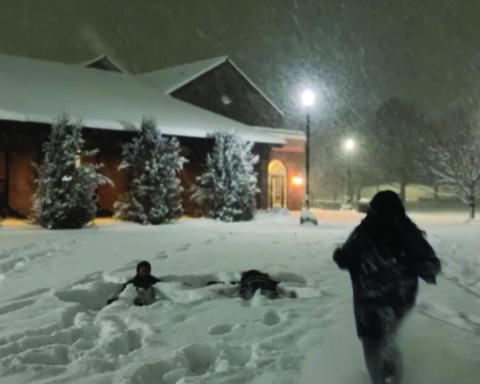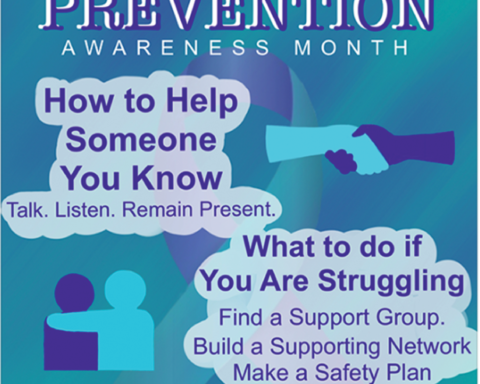In the 1970s, Japanese work culture became so intense that citizens created a new word. “Karoshi,” as it is known, is the idea of employees overworking so much that they either commit suicide or suffer from heart failure, a stroke or some other serious health condition.
In the United States, it has become common culture to joke about “working yourself to death.” But at the same time, how big of a joke is this?
Forty-hour work weeks, while a known thing in our society, are not common in the impoverished areas of our nation. With the federal minimum wage at $7.25 an hour, and an average living wage in the U.S. in 2017 being at $16.07 (according to livingwage.mit.edu), many people may need two full-time jobs to get by. And as inflation continues to increase at a steady 1.7 percent (according to Trading Economics) this idea of an 80-hour workweek has become more common in the U.S.
While working 80 hours a week, one still has to set aside time for other daily things, such as grooming, eating and attempting to sleep eight hours a night, which is nearly impossible.
But this is not only a problem among adults with full-time careers. College students often face this similar issue, by overworking themselves with classes and internships.
The University of Georgia reports that most college students get an average of six to 6.9 hours of sleep per night, noting that many are sleep-deprived due to an overload of activities. With the human body and mind continuing to grow until about age 25, it is recommended for college students to get at least eight hours of sleep a night, a feat that is nearly impossible for students who consider themselves workaholics.
So how did we get this way as a society?
In the U.S., we romanticize a lot of toxic traits, and this is one of them. From a young age, people are taught that those who work hard, study harder and work nonstop will get far in life, and while I do agree that sometimes working hard is important, work isn’t everything. At no point should studying for an exam be worth risking your physical health; at no point should working for an internship be detrimental for your mental health.
As much as I want to say that I listen to this advice, I know I do not. In fact, I have a hard time finding anyone that does have his or her life together and isn’t a workaholic.
Every few days, I walk into the office of Carole McNall, an assistant professor in the Jandoli School and advisor for The Bona- Venture, and I tell her how stressed and sleep-deprived I am. As a journalism and political science double major trying to graduate in three years, the editor-in-chief of The Bona Venture, a member of The Buzz radio station’s Board of Directors, interning and more, I am the definition of a workaholic. Every time I enter that office, McNall tells me I need to stop working so hard, which is quickly followed by laughs from both of us, knowing that we both suffer from this toxic habit.
Every Wednesday when editing stories, I see my fellow editors’ energy decreasing, as well. It’s not healthy, yet we keep working ourselves until we collapse in hopes that it will help improve our futures. That is, if we live long enough, given that overworking yourself is proven to take years off of lives.
I cannot come up with any other excuses as to why we do this; I just know that it needs to stop. Working your body into the ground only leads to mental and physical illness while causing emotional distress
The more we continue to normalize this in our younger years, the more likely this will continue on when we get older, too. And I don’t know about anyone else, but I do not want to be a parent working 80 hours a week instead of spending time with my family.
Natalie Forster, Editor-In-Chief
forstena17@bonaventure.edu









